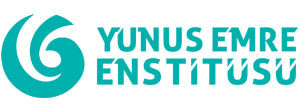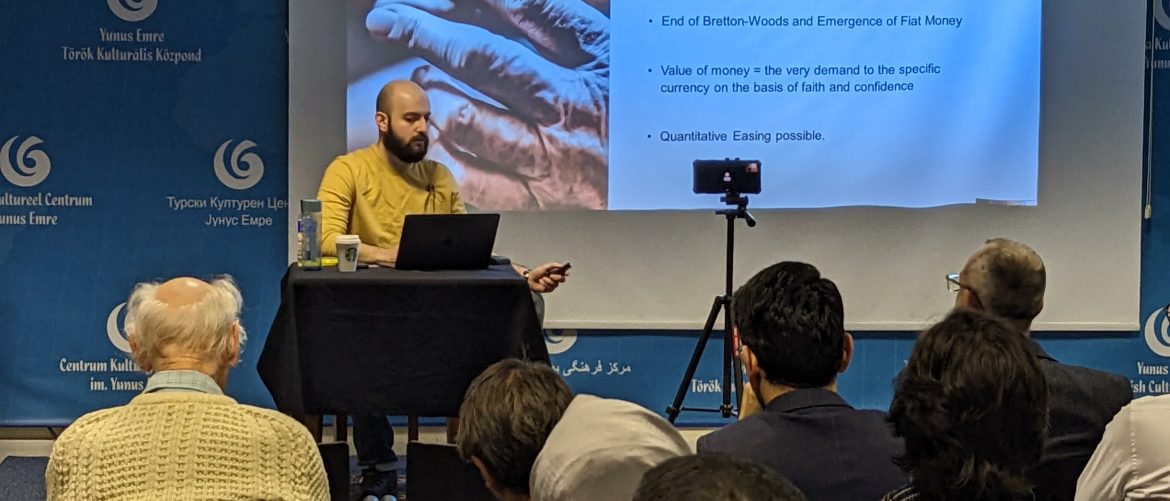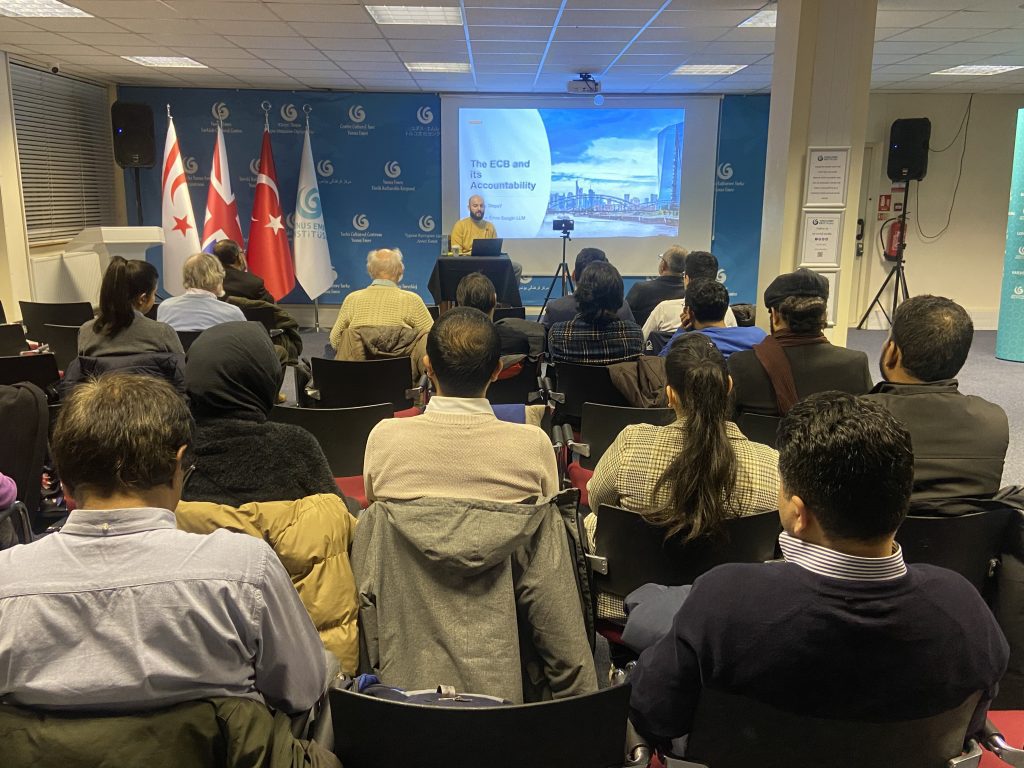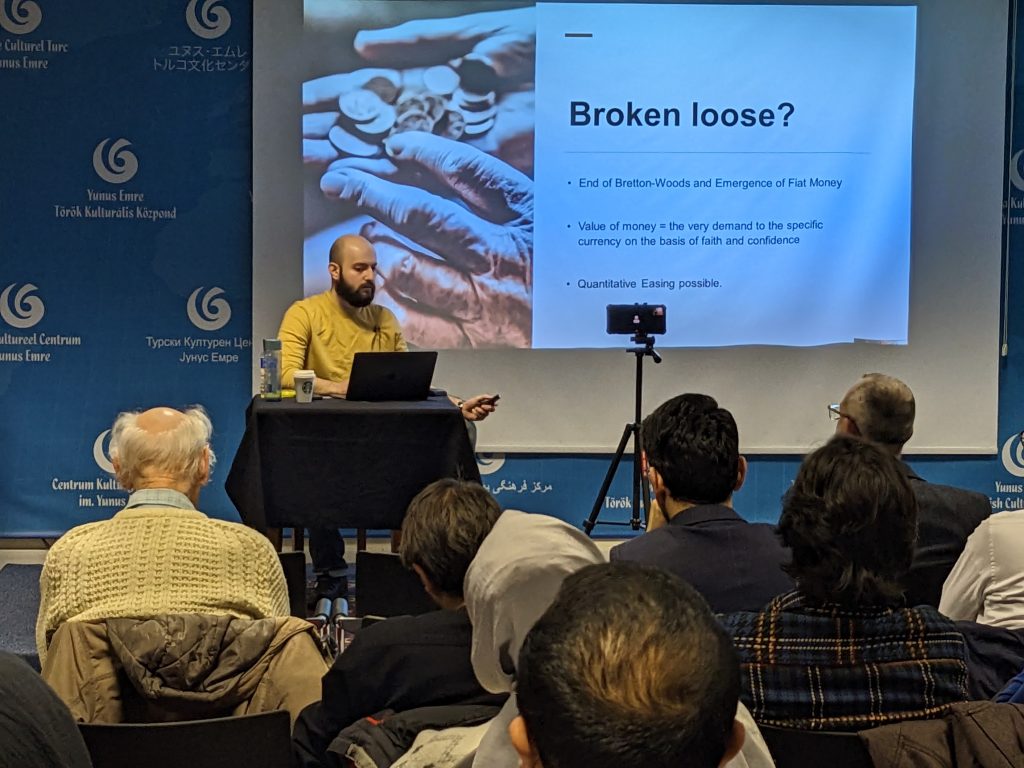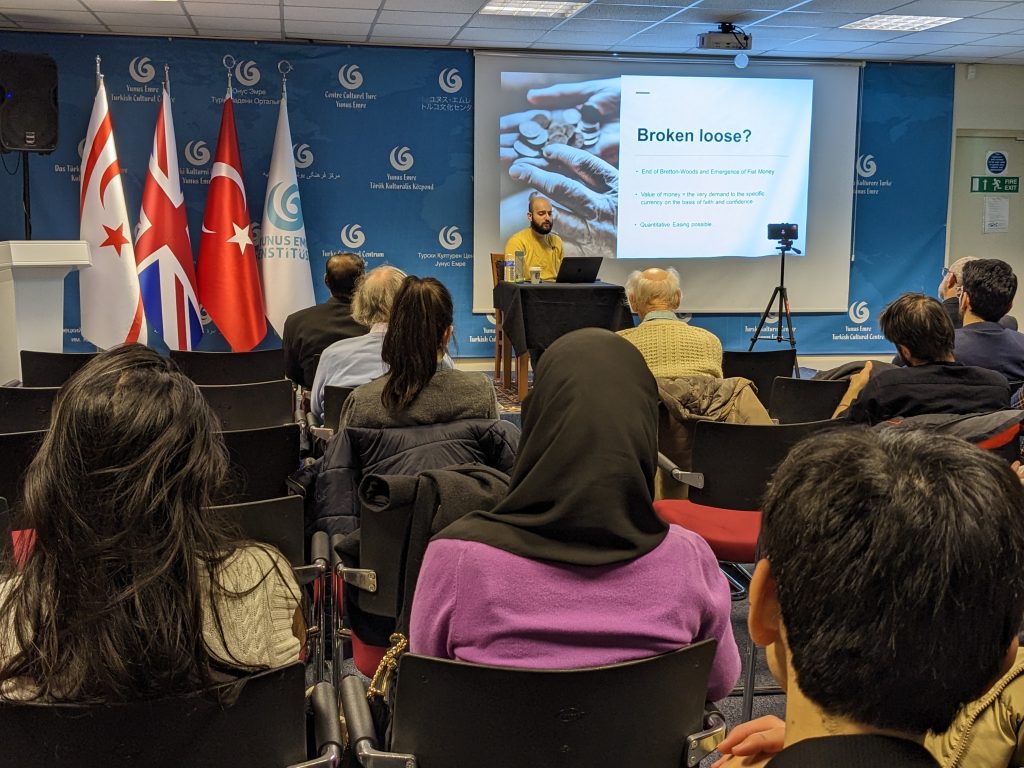Yunus Emre Institute London was delighted to host another valuable talk for the 23rd session of the Young Scholar Seminar Series on Tuesday 24th January 2023. Glasgow University PhD candidate Hüseyin Emre Sezgin’s talk focused on “The European Central Bank and its Accountability: Missing Steps?”
During the seminar, which was attended by guests who had a special interest in the macro and microeconomics of the European Union, Hüseyin Emre Sezgin examined the European Central Bank’s economic policies and democratic legal political accountability.
Sezgin began by outlining the European Central Bank’s (ECB) responsibilities for monetary policy in the European Union (EU), as well as its significant power and influence over the Eurozone’s economies. He emphasised the ECB’s unique position as the most independent bank by examining the ECB’s ability to print money affects the value of money.
He highlighted that the ECB’s mandate is to maintain price stability in the EU, which it seeks to achieve through monetary policy. Sezgin stated that the ECB has several tools at its disposal to achieve price stability, including setting interest rates, conducting open market operations, and providing liquidity to banks.
During the second part of the talk, Sezgin underlined that, while the ECB’s political independence protects it from political influence from members or European Union institutions, it does not protect member states from political clout from the ECB. He cited former President Jean-Claude Trichet’s threatening letters as well as the financial and economic pressures on Greece’s Syriza government as examples.
Referring to the period when the ECB took more power and responsibility to deal with the Euro crisis that began in 2010 following the global financial crisis in 2008, Sezgin stated that this expansion falls short on the accountability front. He then discussed the ECB’s accountability geometry and its role in the EU’s institutional balance, as well as the ECB’s transformation.
Later in the talk, Sezgin emphasised that the establishment of accountability mechanisms that would work in coordination with the ECB’s authorities was out of the question, and that the ECB became a more political and stronger European Union institution. Ultimately, the discussion sought answers to the question of how the world’s most independent central bank is held accountable for its actions and decisions, and how accountability is perceived democratically and legally.
The evening concluded with a Q&A session with the speaker, and guests were served traditional Turkish refreshments.
For more information on the event and to view future events, please visit our website: https://yeelondon.org.uk/ or email at londra@yee.org.tr
